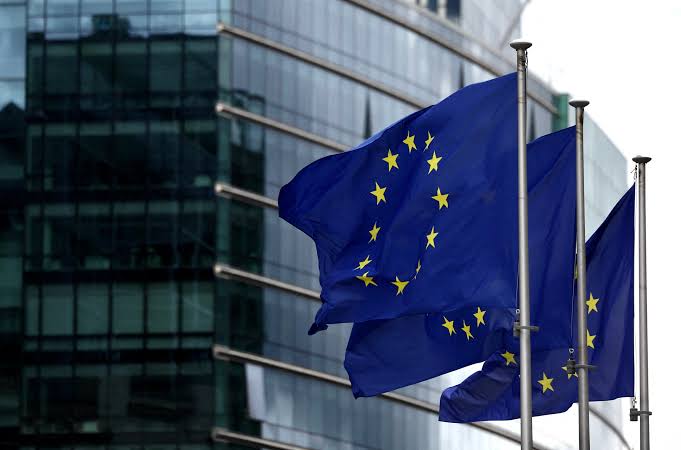A recent letter addressing the prospects and challenges for children in the metaverse was released by the European Parliamentary Research Service (EPRS), a government think tank for the European Union.The author of the essay, EPRS policy analyst Maria Niestadt, claims that the metaverse can provide opportunities for cultural and social experiences that children might not otherwise have, as well as “boost children’s creativity and motivation to learn and even help them heal from diseases.”Nonetheless, the EPRS lists a number of difficulties that the EU must overcome, such as safeguarding kids from harmful psychological and physical effects associated with using virtual, augmented, and/or mixed reality headsets, in addition to security and privacy concerns.
The letter claims that youngsters have a plethora of opportunities in the metaverse.The think tank makes a number of arguments in favor of children using virtual and mixed reality headsets, even though it doesn’t go so far as to fully support their use.
The letter claims that there are a ton of chances for kids in the metaverse.The think tank makes various arguments for the beneficial use of virtual and mixed reality headsets for kids, even though it stops short of endorsing their use wholeheartedly.
“Virtual world technologies can be used to diagnose and treat various paediatric mental and physical health disorders (such as autism, attention deficit/hyperactivity disorder). They can also be used to promote physical health through immersive fitness exercises, to help prepare children for psychological difficulties (such as the fear of heights) or to aid in their physical rehabilitation.”
Other opportunities include the possibility of beneficial social interaction and educational usage like virtual immersion in lessons of historical and cultural relevance.
The EPRS states that although there appear to be many opportunities, there are also numerous obstacles that need to be overcome in order to shield EU children from the risks and potential consequences that come with metaverse technology.The possible harm that children’s mental and physical health may suffer from exposure to digital environments and the related devices seems to be the main cause for concern.These include feeling alone both online and offline, being subjected to improper contacts and harassment, and experiencing nausea, worry, and panic.
Determining the appropriate age for children to function in the metaverse is a legislative challenge.As per the EPRS guidelines, manufacturers in the private sector are currently responsible for:“Furthermore, VR headset manufacturers usually set a minimum age for using these devices. However, there is a tendency to lower this minimum age. For example, in 2013 Meta lowered its Quest headsets’ minimum age from 13 to 10 years.”
All things considered, the metaverse landscape in the European Union seems to be in flux as regulators investigate potential future approaches and rely on the private sector to self-regulate in accordance with current legislation and internal business policies.

